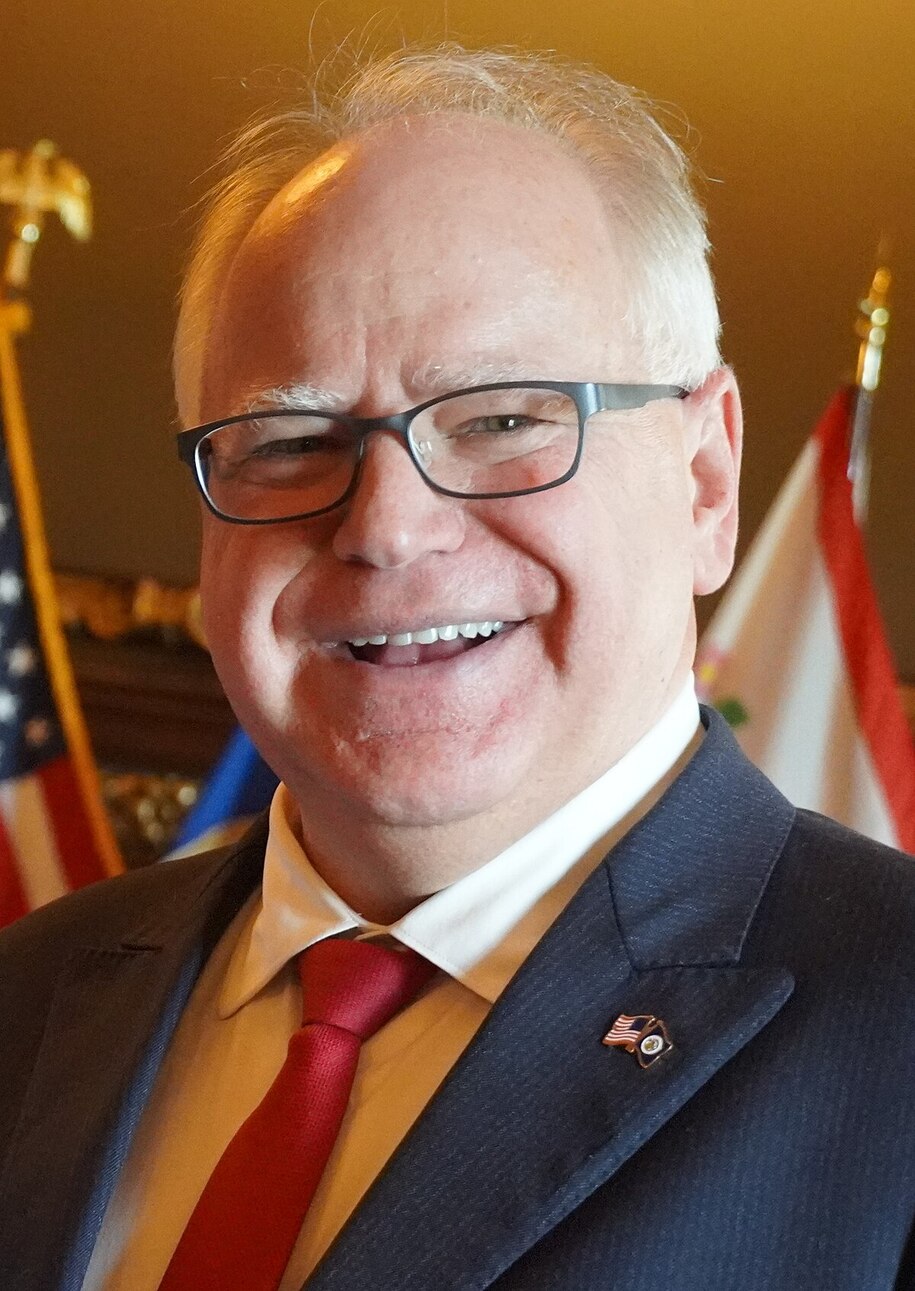Lauren Boebert and Tim Walz have been at the center of a heated political discourse, with their statements often sparking debates across the nation. As prominent figures in American politics, both have made headlines for their bold claims and controversial remarks. Their clash has drawn significant attention, particularly when it comes to discussing crime rates and governance. This article delves into their explosive quote showdown, focusing on what Detroit thinks about these assertions.
The ongoing debate between Lauren Boebert and Tim Walz highlights the broader issues surrounding political rhetoric and its impact on public perception. While Boebert's comments about Detroit's crime rates under Walz's administration have sparked controversy, they also reflect the larger conversation around urban safety and governance. As we explore their statements, it becomes crucial to understand how such claims resonate with those living in Detroit, a city that has faced numerous challenges over the years.
Political Rhetoric and Its Impact
Tim Walz, the governor of Minnesota, admitted that Donald Trump's appeal resonates with many people because it makes them feel empowered. This sentiment is part of a broader discussion about how political leaders use rhetoric to connect with their base. In an era where media coverage can amplify or distort messages, understanding the nuances of political language is essential. Walz's acknowledgment reflects his awareness of the power dynamics at play in modern politics.
Jared Taylor once remarked, quoting a statement that some might find unsettling, When I am talking about Governor Tim Walz. Such quotes highlight the polarizing nature of political discourse today. The intersection of media, politics, technology, and culture continues to shape how leaders communicate with the public. Interviews and analyses featuring newsmakers provide valuable insights into the strategies employed by politicians like Walz to engage their audience effectively.
Ted Cruz, a senator from Texas, defended his decision not to wear a mask while addressing the press. This incident underscores the ongoing debate about personal freedoms versus public health measures. As political figures navigate these complex issues, their actions and words are scrutinized closely by the media and the public alike. Such moments reveal the challenges faced by leaders in maintaining consistency and credibility amidst shifting societal norms.
Evaluating Claims About Crime Rates
Lauren Boebert, a Republican representative from Colorado, found herself embroiled in controversy after allegedly claiming that Detroit had the highest murder rate in Minnesota. Social media users quickly pointed out the lack of evidence supporting this assertion. This incident exemplifies the dangers of spreading misinformation without proper verification. It also raises questions about the responsibility of public figures to ensure accuracy in their statements.
In another instance, Boebert humorously recounted locking her keys in her car, drawing attention to the lighter side of political life. However, this anecdote contrasts sharply with the serious implications of her earlier claim regarding Detroit's crime rates. The juxtaposition of these moments illustrates the multifaceted nature of political discourse, where humor and gravity often coexist. As discussions unfold, it becomes imperative to distinguish between factual claims and mere conjecture.
PolitiFact examined whether Walz was correct in stating that violent crime increased under his leadership. This investigation aimed to clarify the statistical data behind such assertions. By analyzing crime trends and comparing them across different regions, experts sought to provide a more accurate picture of the situation. Such efforts underscore the importance of fact-checking in contemporary politics, ensuring that debates remain grounded in reality rather than speculation.
Public Perception and Political Statements
Detroit residents reacted strongly to Boebert's alleged statement about their city's crime rates under Walz's governance. Many expressed frustration at the misrepresentation of their community, emphasizing the need for accurate information in political discussions. This reaction highlights the significance of respecting local contexts when making sweeping generalizations. Politicians must be mindful of the impact their words have on communities beyond their immediate constituencies.
While some may dismiss these exchanges as mere political banter, they carry profound implications for public policy and social cohesion. The way leaders frame issues influences public opinion and shapes legislative priorities. Therefore, fostering a culture of accountability and transparency in political communication remains crucial. Engaging directly with affected communities can help bridge gaps and build trust between policymakers and citizens.
Ultimately, the Boebert-Walz showdown serves as a reminder of the complexities involved in modern political discourse. As technology continues to evolve, so too does the manner in which information is disseminated and consumed. Navigating this landscape requires vigilance, critical thinking, and a commitment to truth-seeking. By prioritizing these values, we can foster healthier dialogues that benefit everyone involved.

